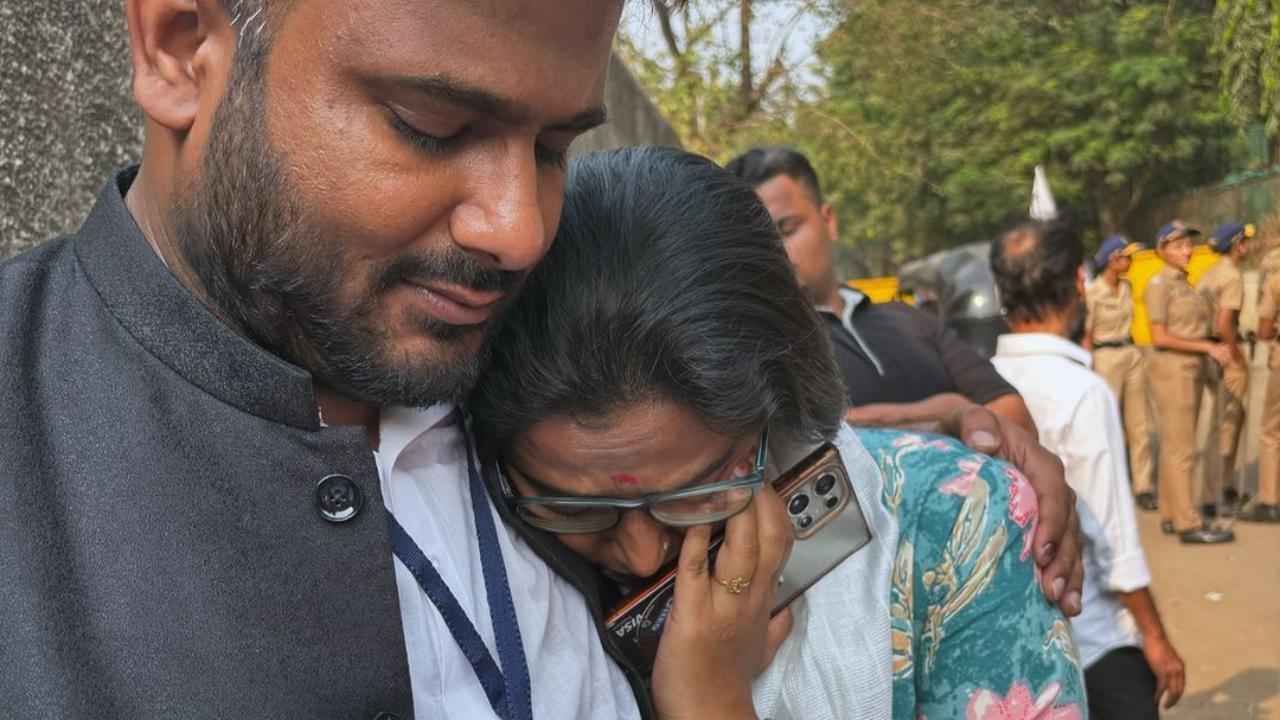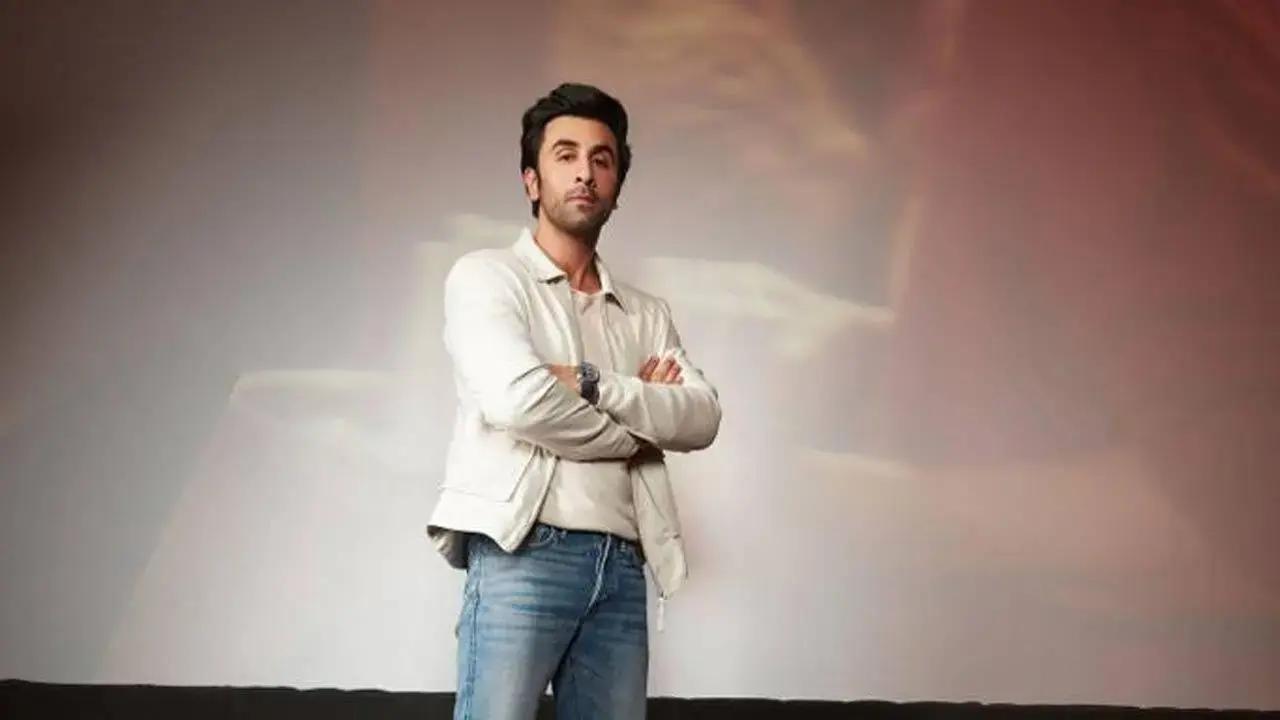
In the wake of a challenging series loss against New Zealand at the Maharashtra Cricket Association (MCA) Stadium in Pune, India’s cricket captain, Rohit Sharma, has risen to the defense of two of the nation’s most reputable match-winners in Test cricket—Ravindra Jadeja and Ravichandran Ashwin. Both prolific spinners found themselves at the eye of criticism following their performances, which many perceived as underwhelming, in a contest that decided the series outcome.
The match at Pune, a pivotal encounter against the Blackcaps, ended on a sour note for the home team. Ravindra Jadeja struggled to make a significant impact on a pitch that seemed perfectly matched for spin dominance, much like his New Zealand counterpart Mitchell Santner who adeptly exploited the conditions to challenge the Indian batters significantly. Jadeja ended the game with only three wickets to his name and notably went wicketless in the New Zealand first innings, conceding 72 runs in the process. Meanwhile, Ravichandran Ashwin secured slightly better figures with 3/64 in the first innings and 2/97 in the second, but still fell short of the towering expectations often placed on his shoulders.
Rohit Sharma, however, stood resolute in defending both players during the post-match press conference, emphasizing that cricket is a team sport that heavily relies on collective effort rather than individual brilliance alone. “I mean, see look, there is too much expectation on those two guys,” stated Sharma as he addressed the media. “Every game they play, they are expected to take wickets, they are expected to run through the team, and they are expected to win Test matches for us. I don’t think that’s fair, it’s the responsibility of all of us to make sure that we get Test match wins, not just the two guys.”
Highlighting Jadeja and Ashwin’s immense contributions to India’s historic run of 18 consecutive home series wins, Rohit argued that occasional stumbles should not tarnish their legacy or overshadow their previous significant contributions. “Of course, by their standards, they know where they stand and what they haven’t been able to do or what they haven’t done really well,” admitted the India captain. “But again, both of them have played so much cricket here and have such huge contributions to our success of having that home streak of 18 series (wins). These two have played a major role in that.
. A couple of series, I am not going to look into too much, especially with those two guys.”
He emphasized that the diverse roles within the team require a shared effort, particularly in the bowling attack, where collective output is vital to the team’s overall success. “They know exactly what happens, and sometimes they are allowed to have some bad games here and there and not go by that expectation that this is the opportunity for me to take wickets and run through the opposition. That’s not going to happen every time. So you got to be ready with the other guys also to step in.”
Rohit drew parallels with the batting unit’s dynamics, pointing out that the expectation of performance should not rest solely on a few individuals. His message highlighted that the batters and bowlers alike share the responsibility, painting a picture of a cohesive unit striving together for victory. “Like we keep talking about with the batters it is not the responsibility of a few individuals, it is the collective batting unit that needs to come together,” Rohit explained. “So it’s the same with the bowling unit as well. If Ash doesn’t do well, it’s Jadeja who needs to come to the party or Washy (Washington Sundar) or Kuldeep (Yadav) or Axar (Patel), those guys.”
Rohit’s steadfast support for Jadeja and Ashwin underscores a broader philosophy within the team — a testament to his leadership in fostering a spirit of unity and resilience. His remarks came at a critical juncture, serving as both motivation and reassurance to a squad that clearly possesses the depth and experience to bounce back from setbacks. In doing so, Sharma has set a tone for collective accountability, reminding all involved that the pathway to consistent victories lies in the hands and efforts of the entire team rather than resting unduly on the laurels of a few stalwarts.










